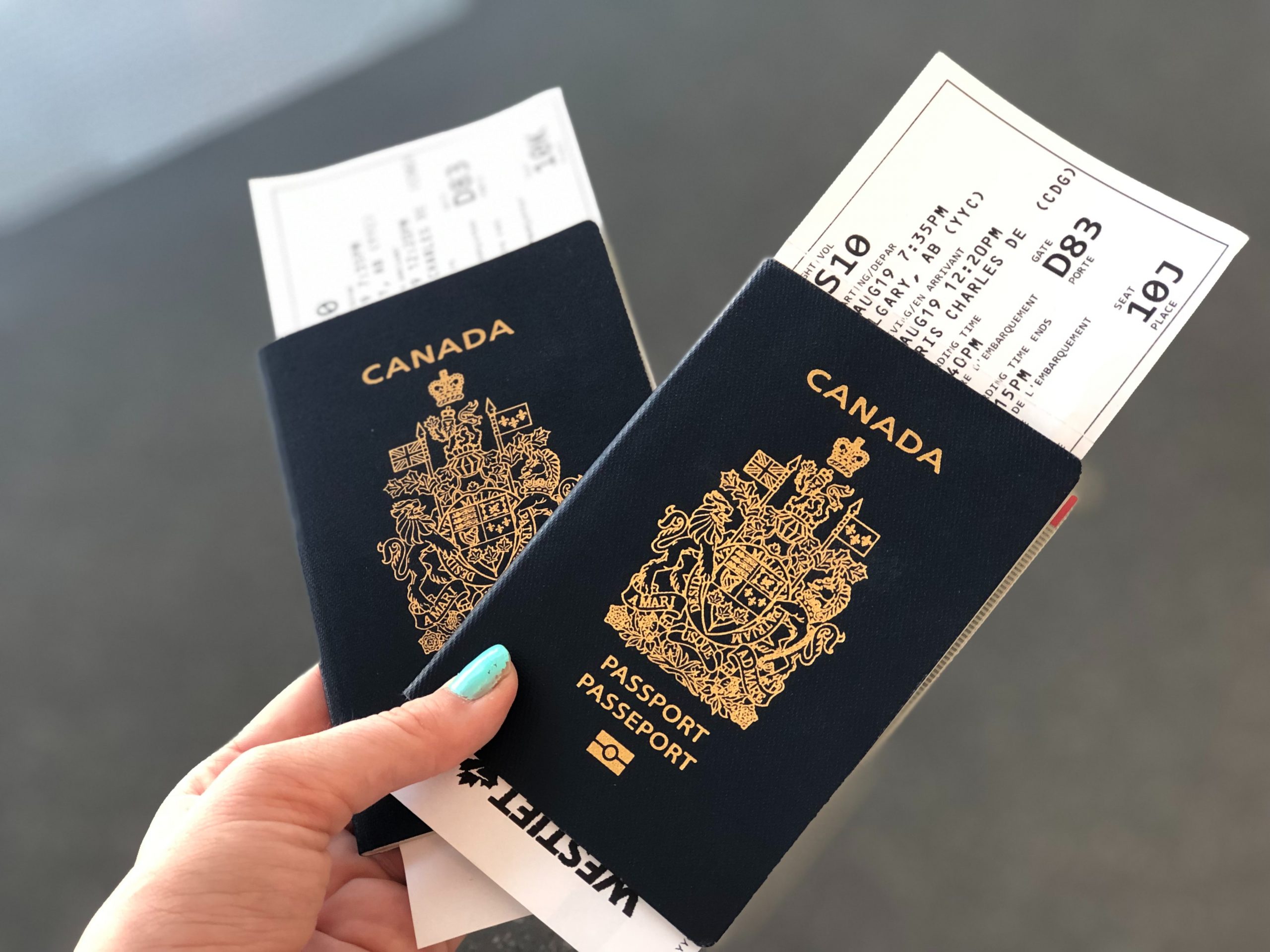By: Caroline Ross
Green Lighting Travel
As international travel is increasingly being given a “green light”, the concept of a vaccine passport has become a global focal point. But what is a vaccine passport and what does it mean for Canadian travellers?
Vaccine Passport Fever
Throughout the COVID-19 pandemic, governments have continuously grappled with balancing the freedom and health of their citizens. Many governments have turned to the concept of a vaccine passport, which will indicate that an individual is fully vaccinated against COVID-19 and which vaccines that person received. The EU has already implemented a vaccine passport for individuals travelling to and between EU nations[1], while the United States of America is opting to leave it up to each state to establish a vaccine passport[2]. Canada is looking to establish a federal system for Canadians travelling abroad by fall 2021[3], by first collecting all vaccination data from each province and territory[4]. This system could also be used for travel between provinces or to access certain services. Starting September 2021, Quebec will use a digital vaccine passport for entry into non-essential services such as restaurants and gyms.[5] The ultimate goal of vaccine passports is to allow people to return to normal life while still acknowledging the long term harmful impacts of the virus.
But while COVID-19 is a novel virus, vaccine passports are not. Yellow fever is the most common vaccine required for international travel.[6] Travellers entering at-risk countries must show proof they were vaccinated at least 10 days prior to entering that country. Although it is clear that vaccine passports are not a new concept, there is still an important issue with a COVID-19 vaccine passport that should be discussed. What happens when an individual is fully vaccinated by valid vaccine manufacturers in their home country, but is deemed not fully vaccinated by the country they wish to travel to?
The Mix and Match Conundrum
The elephant in the room regarding COVID-19 vaccine passports is that different countries have varying polices as to what vaccine combinations are valid. Some countries will not recognize travellers with mixed vaccines. However, Canada has remained firm on the position that a person is fully vaccinated even if they mixed COVID-19 vaccines. While Canadians with mixed vaccines are not currently barred from entering the United States, the Centers for Disease Control (CDC) has a general disapproval of mixing different mRNA vaccines.[7] The reality is that many countries look to the CDC’s guidelines as a basis of their own vaccine mandates. Some cruise lines leaving from ports in the United States do not recognize individuals with mixed vaccines as being fully vaccinated[8], while Barbados recently reversed its vaccine policy to now accept travellers with mixed doses[9]. Canada has also provided the European and Indian made versions of the AstraZeneca vaccine, however only the European manufactured version is currently valid throughout the EU.[10] As this is a developing story, these policies are subject to change depending on public concern and international debates surrounding vaccine policies.
Getting Jabbed Despite Mixed Feelings
The upside to this situation is that Canadians who listed to our government’s health guidelines will not be left out of the vaccine passport program. The Federal Government is working with its international partners to ensure that Canadians with mixed vaccines doses are recognized as fully vaccinated throughout the world.[11] At the end of the day, eligible Canadians should follow health guidelines and seek the best ways to protect everyone through this pandemic. While international travel may be questionable right now, Canadians should strive to stop the spread and keep our communities safe. Once the federal vaccine passport launches, there will hopefully be a light out of this long tunnel.
Disclaimer: The information provided in this response is for general informational purposes only and is not intended to be legal advice. The content provided does not create a legal client relationship, and nothing in this response should be considered as a substitute for professional legal advice. The information is based on general principles of law and may not reflect the most current legal developments or interpretations in your jurisdiction. Laws and regulations vary by jurisdiction, and the application and impact of laws can vary widely based on the specific facts and circumstances involved. You should consult with a qualified legal professional for advice regarding your specific situation.
[1] https://ec.europa.eu/info/live-work-travel-eu/coronavirus-response/safe-covid-19-vaccines-europeans/eu-digital-covid-certificate_en
[2] https://www.ctvnews.ca/health/coronavirus/the-vaccine-passport-debate-isn-t-new-it-started-in-1897-during-a-plague-pandemic-1.5388211
[3] https://www.ctvnews.ca/health/coronavirus/vaccine-passports-for-foreign-travel-expected-this-fall-1.5543267
[4] https://globalnews.ca/news/8104692/canada-getting-proof-of-vaccination-passport-for-international-travel/
[5] https://www.cbc.ca/news/canada/montreal/quebec-vaccine-passport-lockdown-1.6138818
[6] https://www.canada.ca/en/public-health/services/travel-health/yellow-fever.html
[7] https://www.cbc.ca/news/business/covid-19-vaccine-travel-1.6122633
[8] https://www.ncl.com/ca/en/cruise-faq/what-vaccines-will-be-accepted
[9] Supra note 7
[10] https://globalnews.ca/news/7992959/covid-coronavirus-vaccine-passport-europe-eu-travel-covishield/
[11] https://www.cbc.ca/news/politics/mixed-vaccine-doses-international-travel-1.6103800

